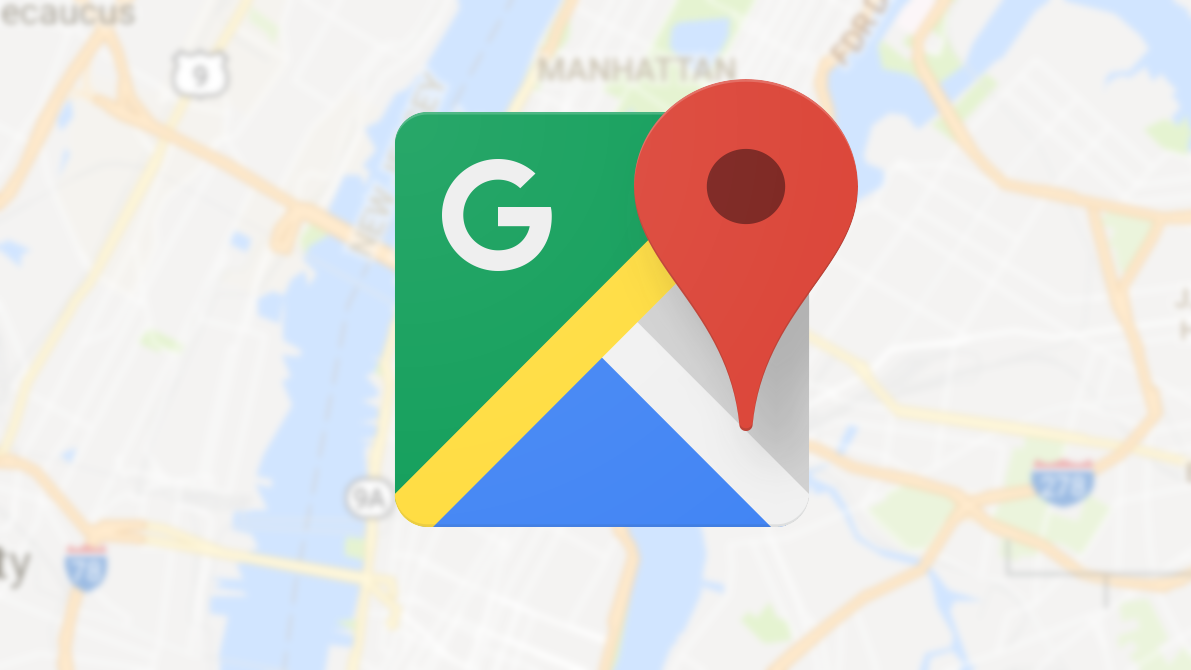latest

Israel will use phone location data to identify and quarantine people exposed to COVID-19
The government expects "very large" numbers of people to be quarantined
Israel is gearing up for a new offensive in the fight against coronavirus, and it involves the unprecedented use of mobile phone location data. The country's cabinet passed the emergency law during an overnight session, allowing the government to use location data to find out where people with coronavirus have been and with whom they might have come into contact.

Continuing its expansion across the globe, YouTube's paid Premium membership is making its way to my neck of the woods. The service is now available in eight new countries in the Middle East, most of which are in the GCC area. If you live around here, you probably didn't expect Premium to come to us this "soon" after its international launch, so the news is a nice late-night surprise.

Any maps app thrives on accuracy. Incorrect data should be removed, fixed quickly, or at least it should be marked as such. The Google Maps team keeps a list of its coverage details with markers for availability and data quality, and updates it every now and then to reflect the current state of affairs. Since the last change in July, some improvements have been made, but also some countries have had their data markers downgraded.

Promo codes are a great way for developers to give paid content on the Play Store to certain people. But for whatever reason, these codes can't be issued everywhere, and Google has a list of countries that they can be given out in. After adding eight countries back in May 2017 and, more recently, three earlier this month, the Czech Republic, Hungary, Israel, and Romania have made it onto the list.

Spotify has just launched in Israel, Romania, South Africa, and Vietnam, bringing the total amount of worldwide markets to 65. So if you live in one of those four countries and you've been patiently waiting to become one of 159 million users worldwide (or you're lamenting the loss of Spotify Dogfood), it's your lucky day.

"Hebrew, Hungarian, and Vietnamese" sounds like the setup for a rather tasteless "guys walk into a bar" joke. But don't worry, readers of delicate disposition: it's just the latest update to DuoLingo, the much-loved language learning app. The August 1st update posted to the Play Store lists all three languages as additions to its growing list, so feel free to bone up on them if you're planning an oddly specific bit of international travel.

Mapping and navigation app Waze is trying something new, and as with many new things, you need to start small. So the Google-owned company is starting with commuters in the Gush Dan region of Israel. If you need a lift to work, just grab the new RideWith app and another Waze user can pick you up on the way.

Dropbox has decided to buy CloudOn, an Israel-based company whose bread and butter consists of providing iPhone and iPad owners with a means of editing Microsoft Word documents in the cloud. The company gained popularity doing this at a time before Microsoft was fully ready to commit to the idea itself. The service worked with a number of cloud storage providers, of which Dropbox was one.

The Google Maps team added support for Street View in Israel's major cities this past weekend - Jerusalem, Tel Aviv, and Haifa. If you haven't had a chance to check out Street View yet, it can take you on a virtual stroll down city streets right inside Google Maps - on the web or on your Android device.

While Android users in Czech, Israel, Poland, and Mexico have been happily buying apps from Google Play for some time now, up till today, devs in these countries haven't been quite so lucky. In fact, they haven't been able to publish any apps, unless they were free.

[Updated] Google Starting To Flip The Switch On Purchasing Paid Android Market Apps In New Countries
Last week, Google announced that over the next 2 weeks, support for purchasing paid apps was coming to 18 more countries: Argentina, Belgium, Brazil, Czech Republic, Denmark, Finland, Hong Kong, India, Ireland, Israel, Mexico, Norway, Poland, Portugal, Russia, Singapore, Sweden, and Taiwan.









